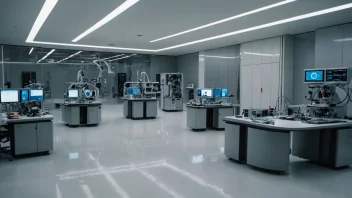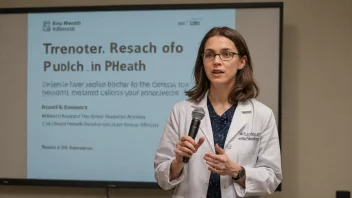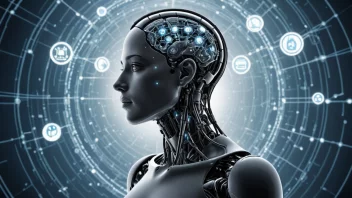In a rapidly evolving technological landscape, artificial intelligence (AI) is making significant strides across various sectors, particularly in engineering. To gain insights into this transformative trend, we conducted a fictional interview with Dr. Alice Thornton, a renowned expert in AI applications within the engineering field. Dr. Thornton, who has over 20 years of experience in research and development, is imagined to hold a Ph.D. in Robotics and has served as a consultant for many leading engineering firms. This interview aims to explore the ways in which AI is reshaping engineering practices, enhancing productivity, and driving innovation.
The Role of AI in Engineering
Interviewer: Dr. Thornton, thank you for joining us today. Can you explain how AI is currently being used in the engineering industry?
Dr. Thornton: Thank you for having me. AI is revolutionizing the engineering sector in several ways. One of the most prominent applications is in design optimization. Engineers are now employing AI algorithms to analyze and predict outcomes based on numerous variables, which significantly reduces the time spent on trial and error.
Enhancing Productivity Through Automation
Interviewer: That's fascinating! Can you elaborate on how automation powered by AI is impacting productivity?
Dr. Thornton: Certainly! Automation has been a game-changer. AI systems can handle repetitive tasks, allowing engineers to focus on more complex and creative aspects of their projects. For instance, in construction engineering, AI-powered drones are utilized for site surveys and inspections, streamlining the process and improving accuracy.
Predictive Maintenance and Safety
Interviewer: How does AI contribute to safety and maintenance within engineering projects?
Dr. Thornton: AI enhances safety by enabling predictive maintenance. By analyzing data from machinery and equipment, AI can predict failures before they happen, thus preventing accidents and costly downtime. This proactive approach not only saves money but also ensures a safer work environment.
AI in Sustainable Engineering
Interviewer: Sustainability is a hot topic these days. Can AI contribute to sustainable engineering practices?
Dr. Thornton: Absolutely! AI algorithms can help design more efficient systems that minimize waste and energy consumption. For example, in civil engineering, AI can assist in creating smart grids that optimize energy distribution, ultimately leading to a reduction in carbon footprints.
The Challenges of AI Integration
Interviewer: With all these benefits, are there challenges that engineers face when integrating AI into their work?
Dr. Thornton: Yes, there are several challenges. One major hurdle is the need for engineers to upskill. Understanding AI and machine learning requires training and a shift in mindset. Additionally, there are ethical considerations regarding data privacy and the potential for job displacement that need to be addressed as we move forward.
The Future of AI in Engineering
Interviewer: Looking ahead, what do you envision for the future of AI in engineering?
Dr. Thornton: The future is incredibly promising. We will likely see even more integration of AI in engineering design and project management. As technology advances, we can expect AI to take on more complex tasks and assist engineers in real-time decision-making processes. Furthermore, collaboration between AI systems and human engineers will lead to innovative solutions that we can't yet imagine.
Conclusion
In this fictional interview with Dr. Alice Thornton, we explored the transformative impact of AI on the engineering industry. From enhancing productivity through automation to fostering sustainable practices, AI is poised to redefine how engineers approach their work. While challenges remain, the potential benefits of integrating AI into engineering processes are too significant to ignore. As we embrace this technology, the future of engineering looks brighter and more innovative than ever.






